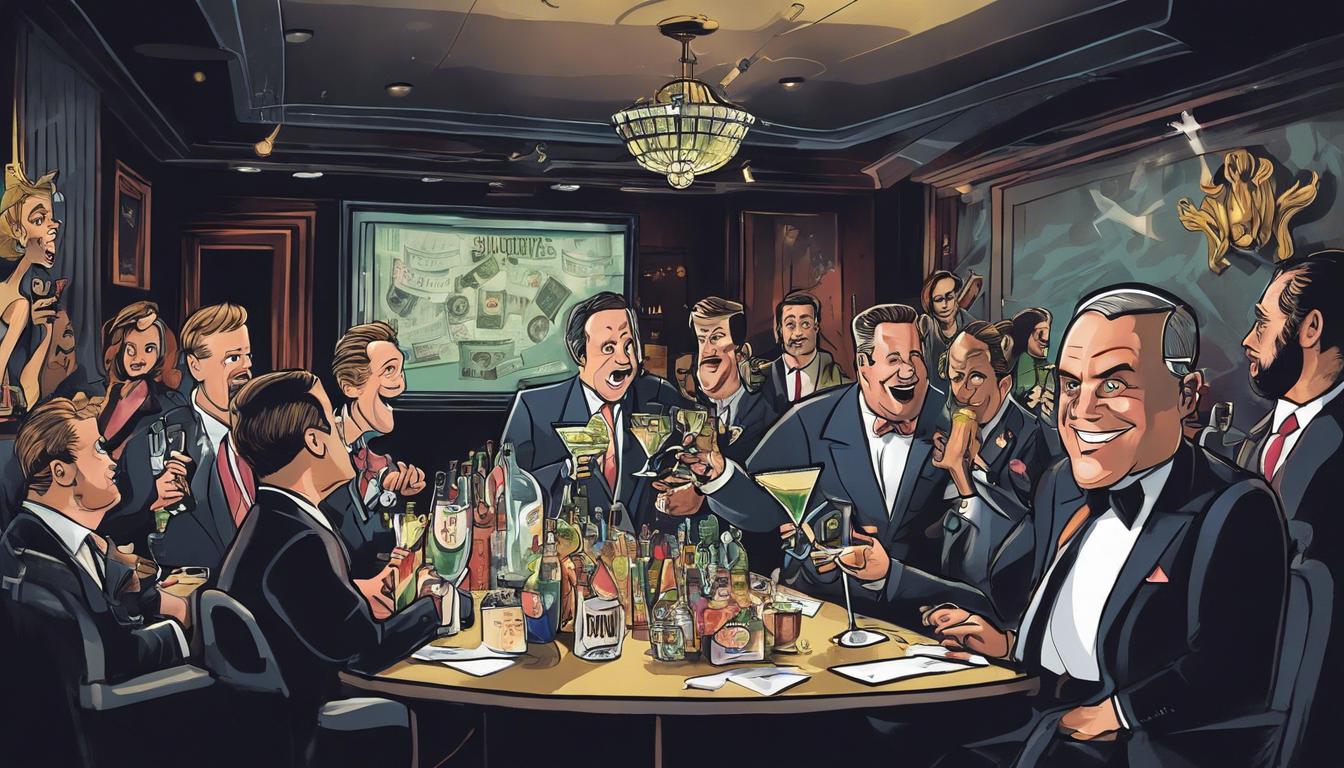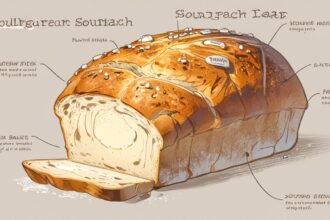In a revealing defamation trial in Sydney, former Channel Seven producer Taylor Auerbach has made shocking allegations about unethical practices within the network, involving extravagant expenses and indications of a culture of misconduct.
In a recent defamation trial in Sydney, Australia, involving Bruce Lehrmann, explosive allegations have surfaced about the conduct of former Channel Seven producer, Taylor Auerbach, and the network’s internal practices. Auerbach, while testifying, claimed to have engaged in misconduct, including charging $10,000 for Thai massages to Lehrmann on a corporate card, and stated Channel Seven offered him a promotion and pay rise despite these actions. The trial revealed further shocking details, including Lehrmann’s alleged purchase of cocaine and solicitation of sex workers, expenses which Auerbach says were reimbursed by Channel Seven. These incidents were purportedly disguised as legitimate work expenses and approved by network executives.
Auerbach disclosed instances of drug use and other illegal activities during nights out with Lehrmann, asserting that these were not isolated incidents but part of a pattern of behavior that was known and implicitly condoned by the network. His testimony also included allegations of sharing confidential documents related to a criminal trial at the Channel Seven offices, suggesting a breach of professional ethics and legal boundaries.
The revelations have drawn attention to the culture within Channel Seven, with Auerbach’s account indicating a work environment fraught with unprofessional conduct and ethical violations. The trial has been marked by attempts from Lehrmann’s legal team to challenge Auerbach’s credibility, particularly highlighting Auerbach’s admission of sending compromising photos of a woman to journalists without her consent and his termination from Sky News over trust issues.
These disclosures have delayed the trial, with fresh evidence, including Auerbach’s allegations, prompting re-evaluations of the credibility of the involved parties and the potential impact on the defamation case. The scandal has exposed complex dynamics within the television industry, underlining the trial’s broader implications for media practices and professional standards.













